August 28, 2019
August 23, 2019
Summertime childcare juggling needs to be consigned to history
by Han Son Lee • Comment, Flexible working
 For working parents, summertime is often a logistical nightmare. Six weeks of careful planning are needed to sort out childcare and ensure that both parents spend some quality time with their offspring. According to research from family activity app Hoop, over a quarter of parents of 5-16 year olds dread the summer holidays and here are some of the main reasons why. More →
For working parents, summertime is often a logistical nightmare. Six weeks of careful planning are needed to sort out childcare and ensure that both parents spend some quality time with their offspring. According to research from family activity app Hoop, over a quarter of parents of 5-16 year olds dread the summer holidays and here are some of the main reasons why. More →
August 21, 2019
The office is increasingly able to recognise you, but will you recognise it?
by John Comacchio • Comment, Technology, Workplace design
 Our lives at work are about to change—again. Just as the addition of PC’s and Wi-Fi re-drew the office blueprint, emerging technologies like robots, virtual agents, artificial intelligence (AI), and the Internet of Things (IoT) promise to radically revise the form and the function of work and the workplace. In the near future, your office will know who you are (if it doesn’t yet) and will be ready to greet you with your preferred lighting and the array of digital tools you need to do your job.
Our lives at work are about to change—again. Just as the addition of PC’s and Wi-Fi re-drew the office blueprint, emerging technologies like robots, virtual agents, artificial intelligence (AI), and the Internet of Things (IoT) promise to radically revise the form and the function of work and the workplace. In the near future, your office will know who you are (if it doesn’t yet) and will be ready to greet you with your preferred lighting and the array of digital tools you need to do your job.
August 19, 2019
Firms need to place more value on older workers
by Claire Turner • Comment, Wellbeing, Working lives, Workplace
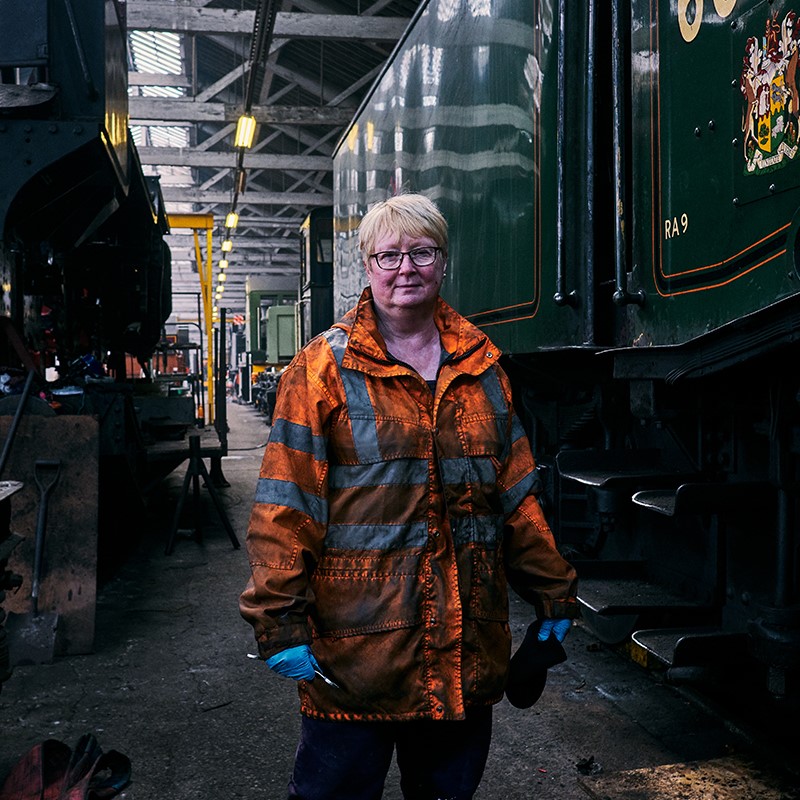 As we live longer lives, it’s inevitable that more of us want to work for longer. It makes good business sense too: with fewer younger people starting work to replace those set to retire in future years, coupled with uncertainty over Brexit and labour shortages, employers can’t afford to lose older workers.
As we live longer lives, it’s inevitable that more of us want to work for longer. It makes good business sense too: with fewer younger people starting work to replace those set to retire in future years, coupled with uncertainty over Brexit and labour shortages, employers can’t afford to lose older workers.
August 16, 2019
Office design has a role to play in reflecting neurological differences
by Julian Sharpe • Comment, Workplace design
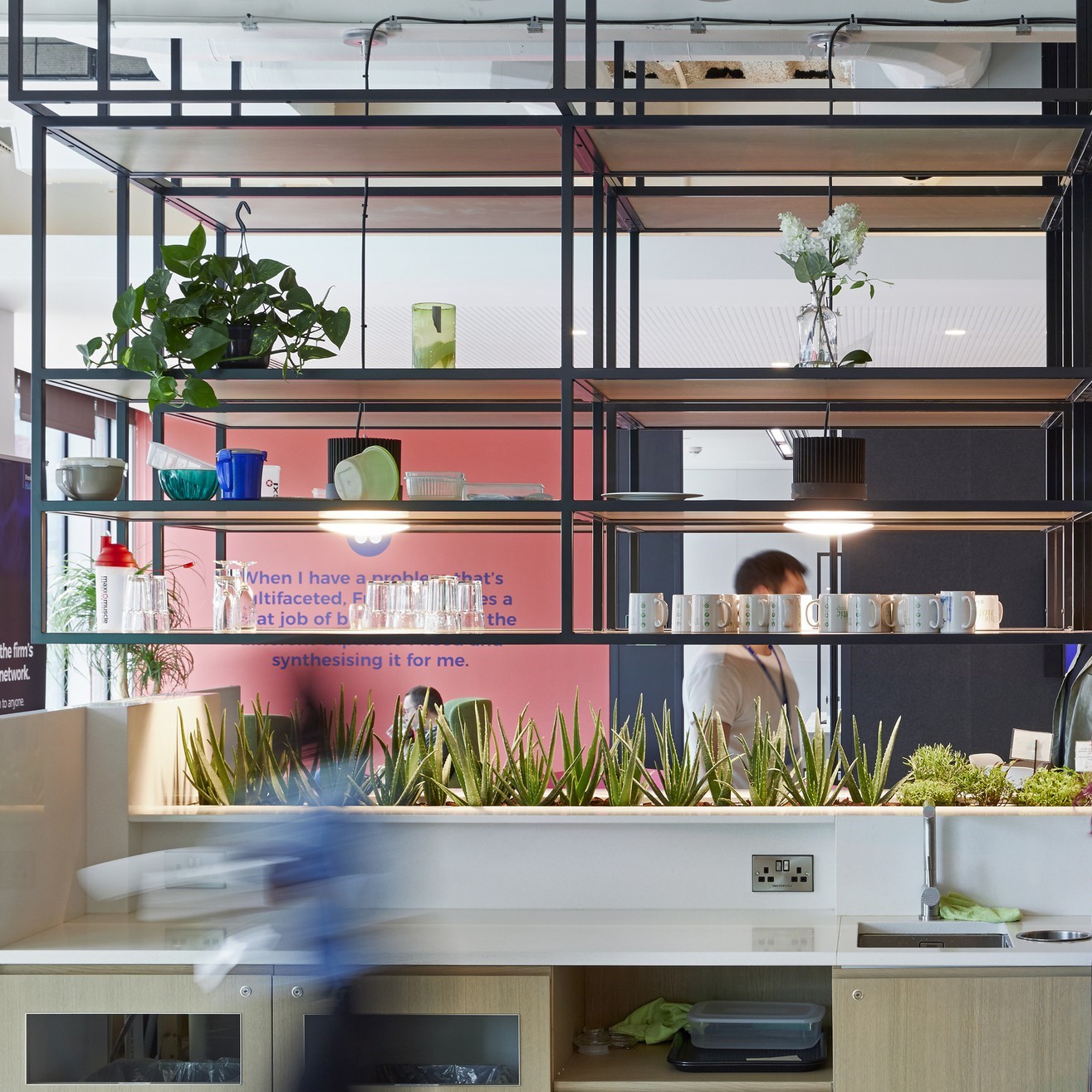 In recent years, we have seen a growing civil rights movement focused on change in the workplace and in terms of office design, revolving around differences in brain function. Advocates for neurodiversity say that it’s just as critical to business success as gender or racial diversity in the labour force. More →
In recent years, we have seen a growing civil rights movement focused on change in the workplace and in terms of office design, revolving around differences in brain function. Advocates for neurodiversity say that it’s just as critical to business success as gender or racial diversity in the labour force. More →
August 16, 2019
Is London Smart City Initiative as smart as it could be?
by George Adams • Cities, Comment, Technology
 It’s been a year since the launch of the Mayor of London’s smart city roadmap, designed to transform the capital into the smartest city in the world. But twelve months later, is the city any smarter? The Mayor of London’s smart city roadmap is proposing to transform the capital into the smartest city in the world, and as part of the initiative, Sadiq Khan appointed his first Chief Digital Officer to help steer the plan to focus on knowledge and technical advancements that will make life easier for London’s citizens. More →
It’s been a year since the launch of the Mayor of London’s smart city roadmap, designed to transform the capital into the smartest city in the world. But twelve months later, is the city any smarter? The Mayor of London’s smart city roadmap is proposing to transform the capital into the smartest city in the world, and as part of the initiative, Sadiq Khan appointed his first Chief Digital Officer to help steer the plan to focus on knowledge and technical advancements that will make life easier for London’s citizens. More →
August 15, 2019
Reasons to be agile, part three
by Sarah Booth • Comment, Workplace design
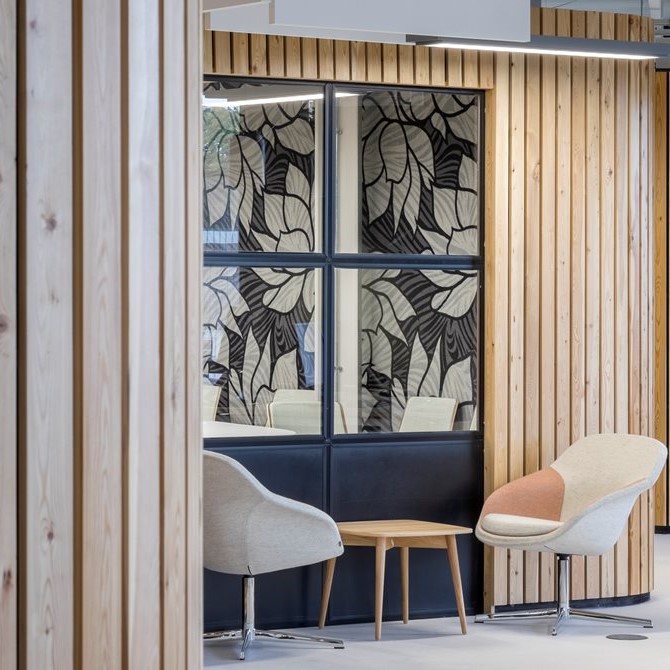 The Agile Manifesto, published in 2001, signalled a shift in approach to workplace design as well as technology. Though the document was conceived as a guide to speeding up software development, its contents have gone on to inform how organisations think and operate in ways that extend far beyond IT. “Build projects around motivated individuals. Give them the environment and support they need, and trust them to get the job done.” That’s the fifth of 12 ‘principles’ in the manifesto. More →
The Agile Manifesto, published in 2001, signalled a shift in approach to workplace design as well as technology. Though the document was conceived as a guide to speeding up software development, its contents have gone on to inform how organisations think and operate in ways that extend far beyond IT. “Build projects around motivated individuals. Give them the environment and support they need, and trust them to get the job done.” That’s the fifth of 12 ‘principles’ in the manifesto. More →
August 14, 2019
The endless hunt for the office of the future 0
by Mark Eltringham • Comment, Workplace design
 Lewis Carroll’s second best known work The Hunting of the Snark is a long nonsense poem that describes the pursuit by a group of adventurers of an elusive creature called a Snark. This turns out to be a much more dangerous Boojum when it is finally seen, causing one of the crew members to vanish. The poem may or may not be an allegory for the pursuit of happiness but it could easily be about our pursuit of anything elusive, imaginary or ephemeral.
Lewis Carroll’s second best known work The Hunting of the Snark is a long nonsense poem that describes the pursuit by a group of adventurers of an elusive creature called a Snark. This turns out to be a much more dangerous Boojum when it is finally seen, causing one of the crew members to vanish. The poem may or may not be an allegory for the pursuit of happiness but it could easily be about our pursuit of anything elusive, imaginary or ephemeral.
August 9, 2019
Friday, and there is absolutely nothing wrong with staring out of the window
by Mark Eltringham • Comment, Knowledge, Lighting, Wellbeing, Workplace design
 There is or was a running joke within IBM that their buildings don’t have windows, they have outside awareness ports. It’s an idea that not only reflects the culture of long hours spent staring at computer screens – something you don’t have to work for Big Blue to be aware of – but also one that acknowledges our need to be aware of the wider world when we are at work. Our gut instinct tells us that we are better off either outdoors or looking at it. More →
There is or was a running joke within IBM that their buildings don’t have windows, they have outside awareness ports. It’s an idea that not only reflects the culture of long hours spent staring at computer screens – something you don’t have to work for Big Blue to be aware of – but also one that acknowledges our need to be aware of the wider world when we are at work. Our gut instinct tells us that we are better off either outdoors or looking at it. More →
August 7, 2019
Some uncomfortable truths about sitting down at work 0
by Mark Eltringham • Comment, Wellbeing, Workplace design
 The problem with the modish idea of fake news is that we’re not very good at spotting it. As with our driving, each of us possesses an unwarranted faith in our own abilities coupled with dismay at those of other people, unaware of just how much our own biases and fixed opinions distort the way we perceive information. It’s one of those things we need to be on the lookout for, especially if we are pronouncing on complex issues.
The problem with the modish idea of fake news is that we’re not very good at spotting it. As with our driving, each of us possesses an unwarranted faith in our own abilities coupled with dismay at those of other people, unaware of just how much our own biases and fixed opinions distort the way we perceive information. It’s one of those things we need to be on the lookout for, especially if we are pronouncing on complex issues.
August 6, 2019
Gig economy worker rights demand a global approach
by Hina Belitz • Comment, Legal news, Working culture
 British people increasingly work in temporary positions and on short term engagements: part of a fundamental global shift in the way we work. The domestic gig economy has seen the number of workers more than double in number since 2016, according to a recent report from the TUC and the University of Hertfordshire (conducted with Ipsos MORI). Based on interviews with 2,235 individuals, the report’s key finding is that gig economy platforms, such as Uber, Deliveroo and Upwork, are now staffed by 4.7 million workers – or one in 10 working-age adults, up from one in 20 three years ago. It also found that 15 per cent of survey respondents had undertaken gig economy work at some point – equivalent to almost 7.5 million people if extrapolated across the entire economy. More →
British people increasingly work in temporary positions and on short term engagements: part of a fundamental global shift in the way we work. The domestic gig economy has seen the number of workers more than double in number since 2016, according to a recent report from the TUC and the University of Hertfordshire (conducted with Ipsos MORI). Based on interviews with 2,235 individuals, the report’s key finding is that gig economy platforms, such as Uber, Deliveroo and Upwork, are now staffed by 4.7 million workers – or one in 10 working-age adults, up from one in 20 three years ago. It also found that 15 per cent of survey respondents had undertaken gig economy work at some point – equivalent to almost 7.5 million people if extrapolated across the entire economy. More →








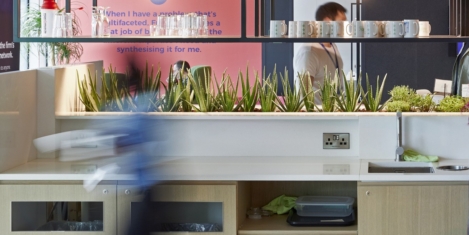

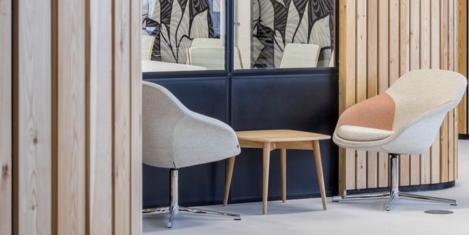
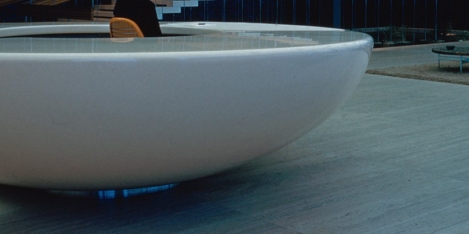


















August 30, 2019
Shaping the workplace of tomorrow
by Richard Glückman • Comment, Technology, Workplace design